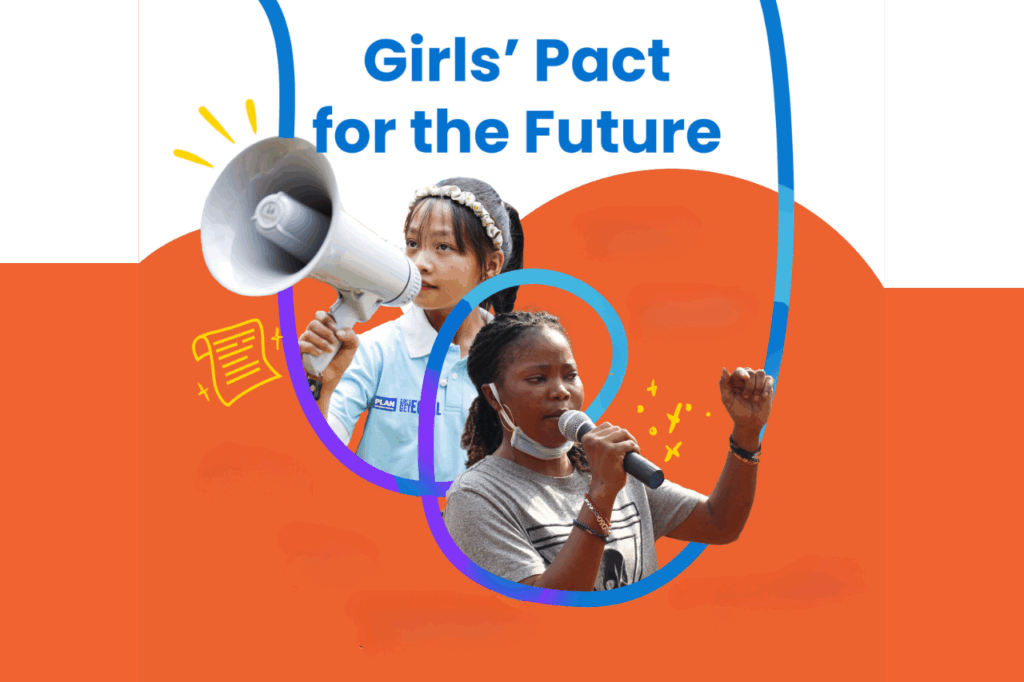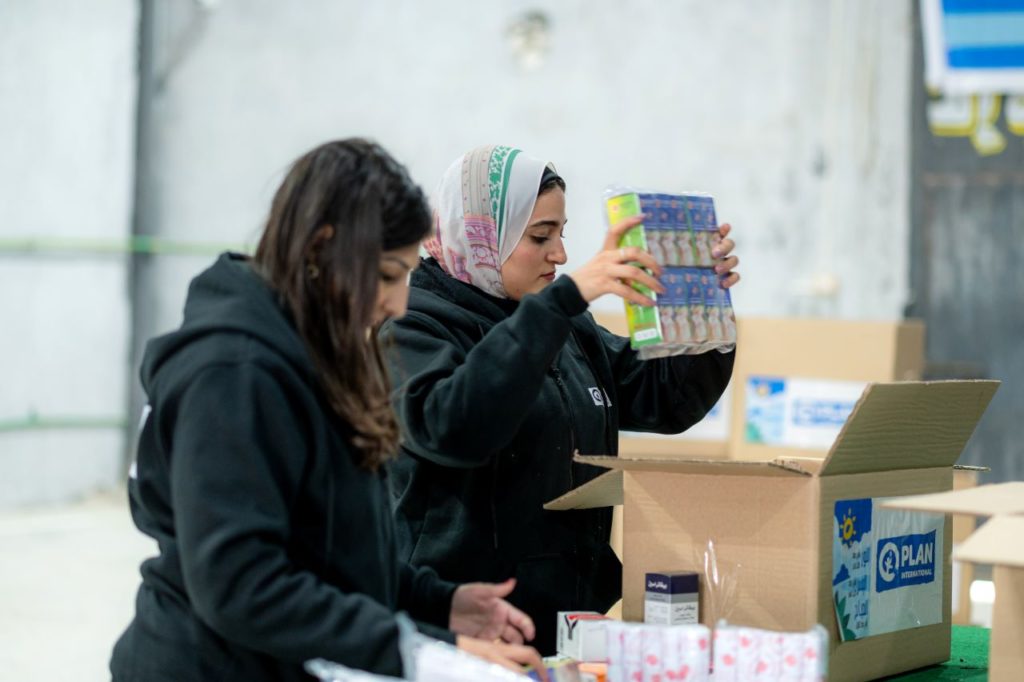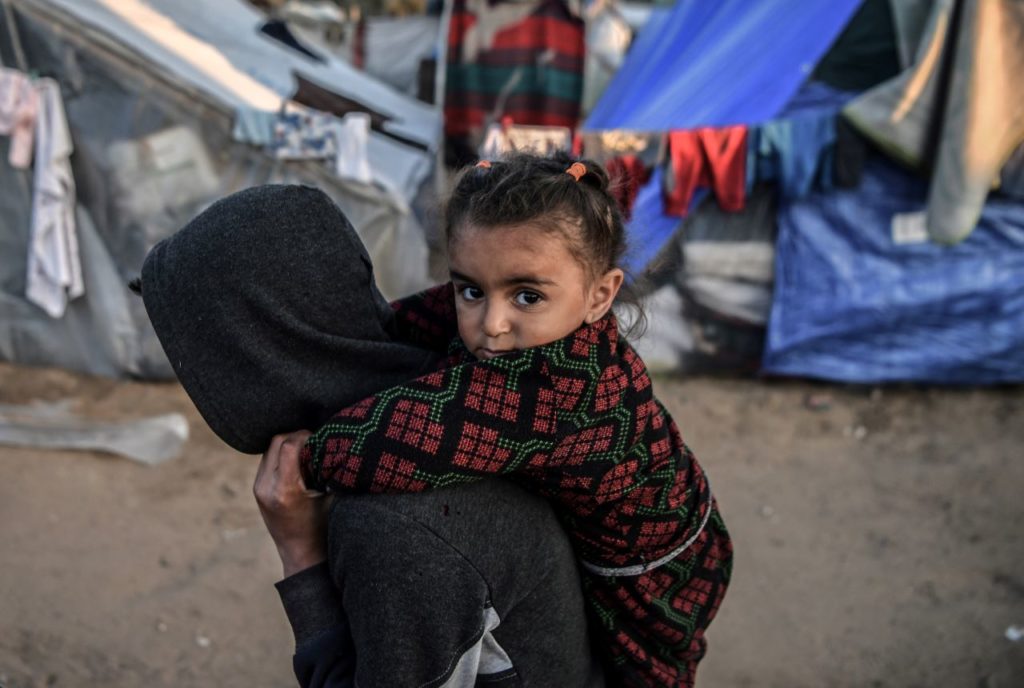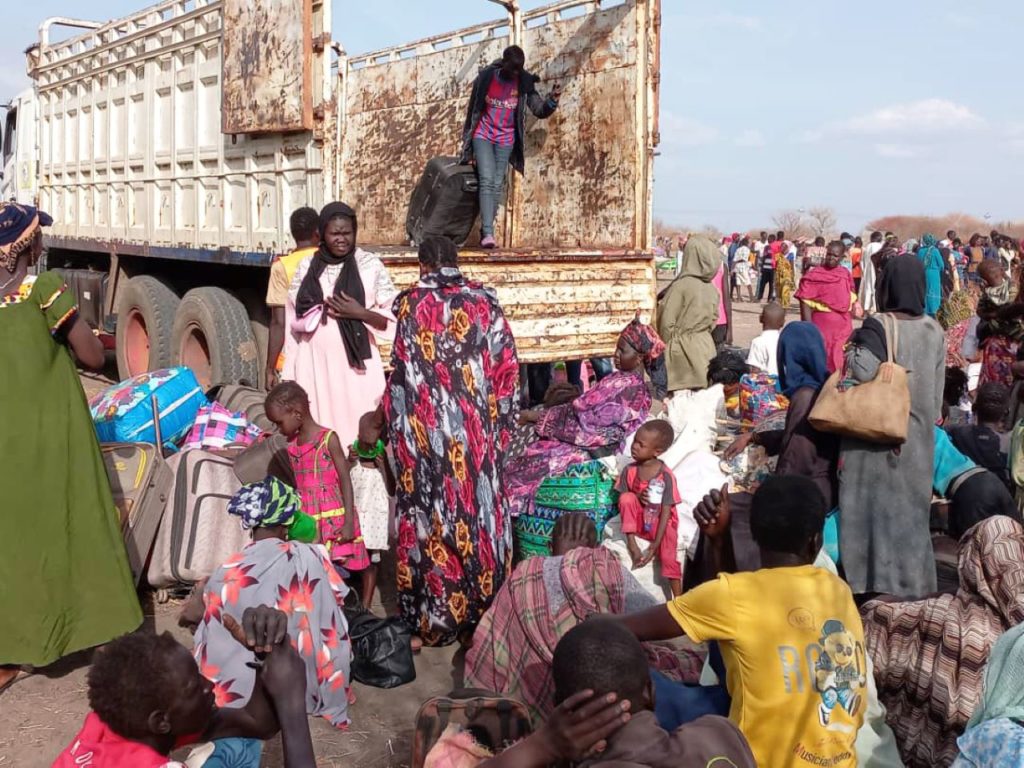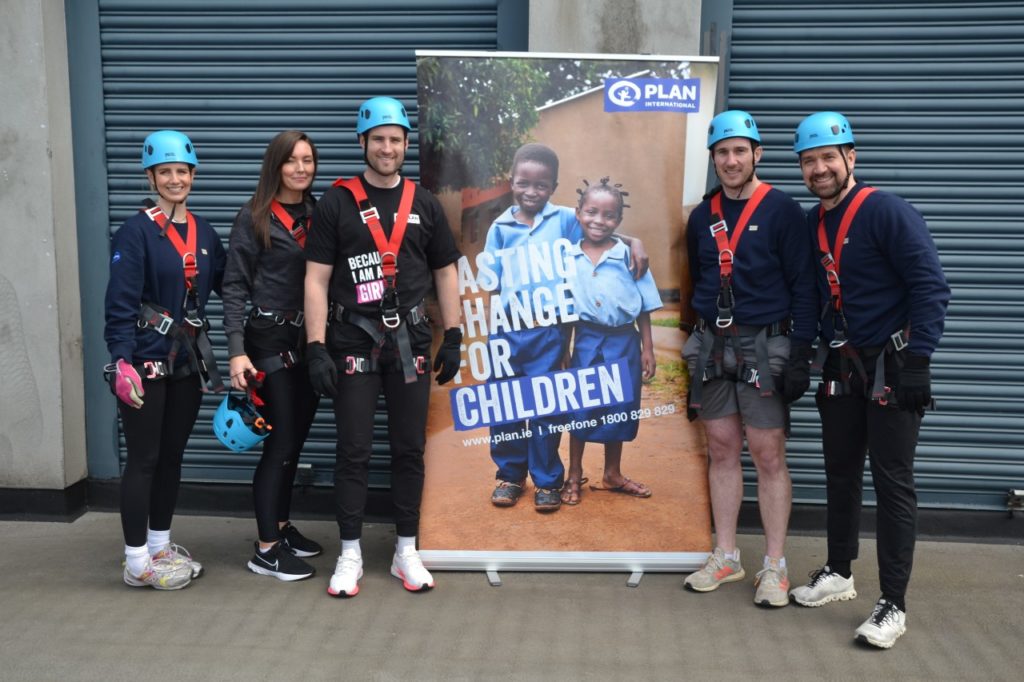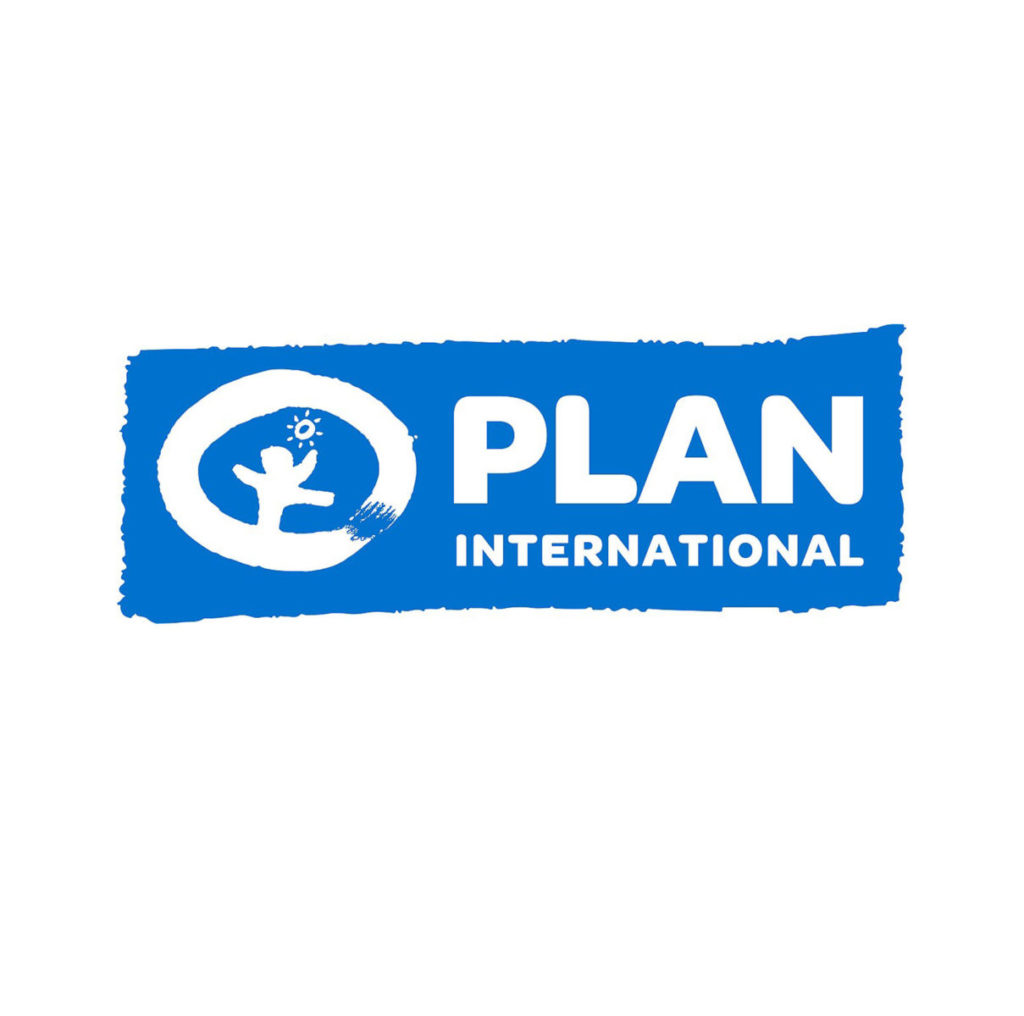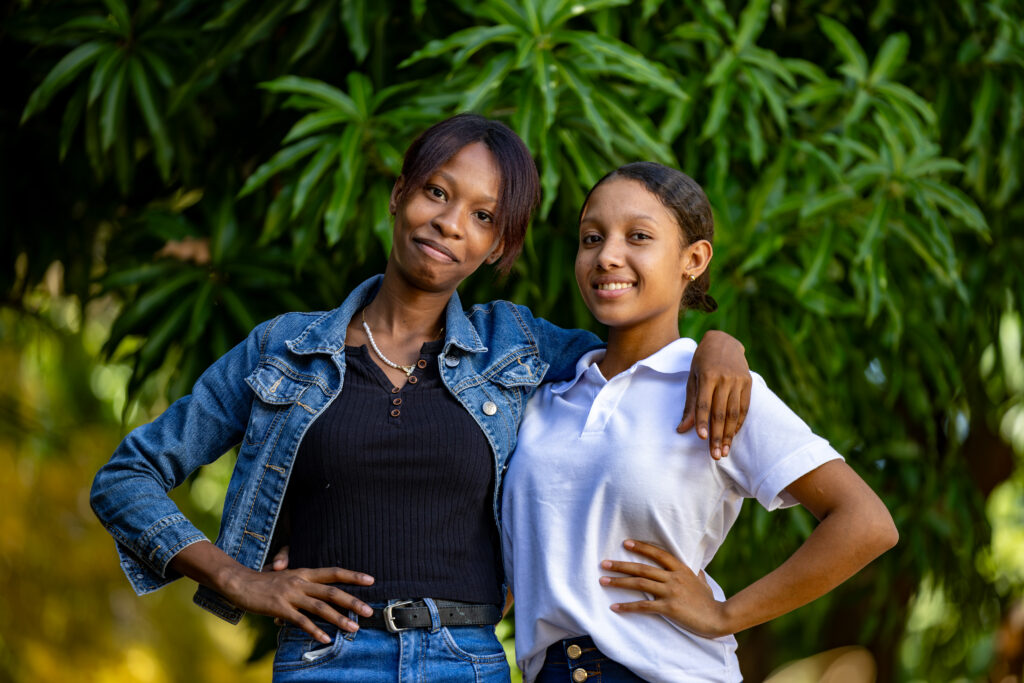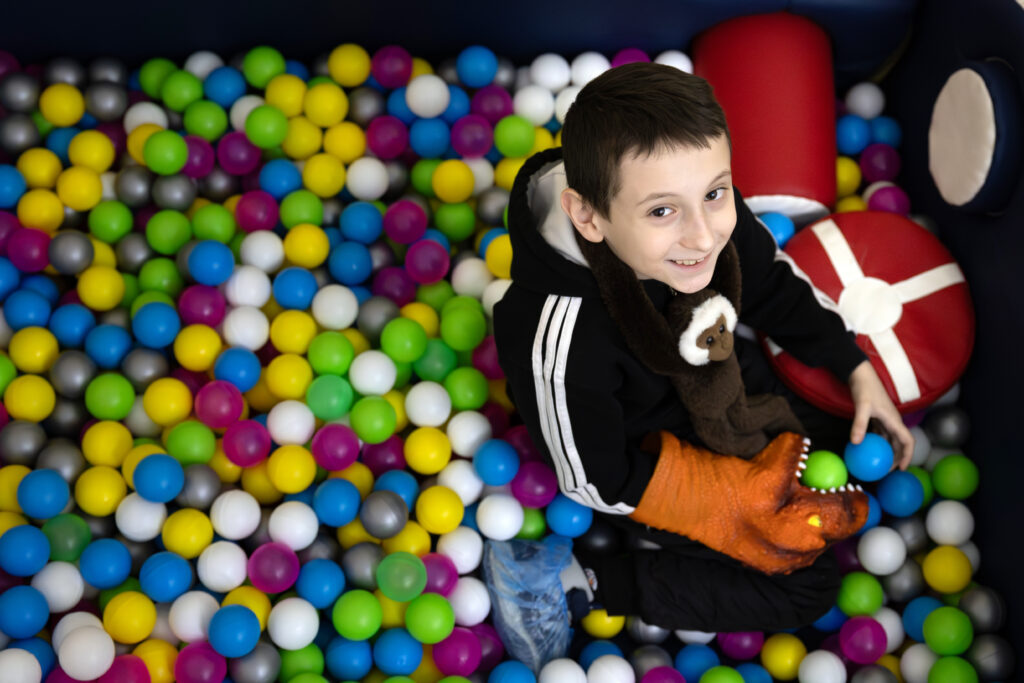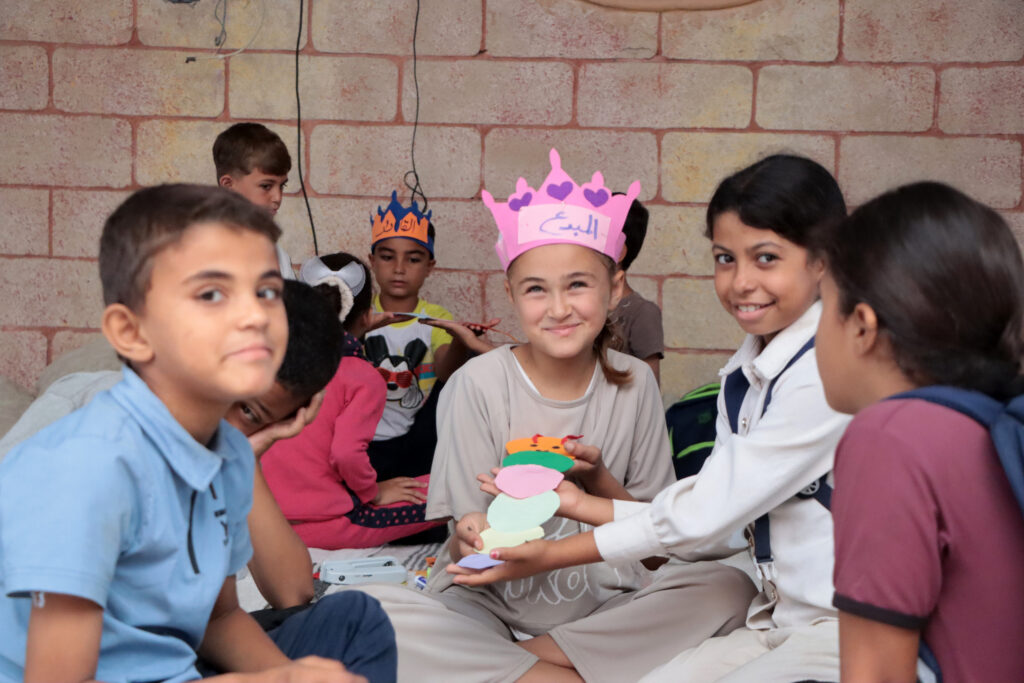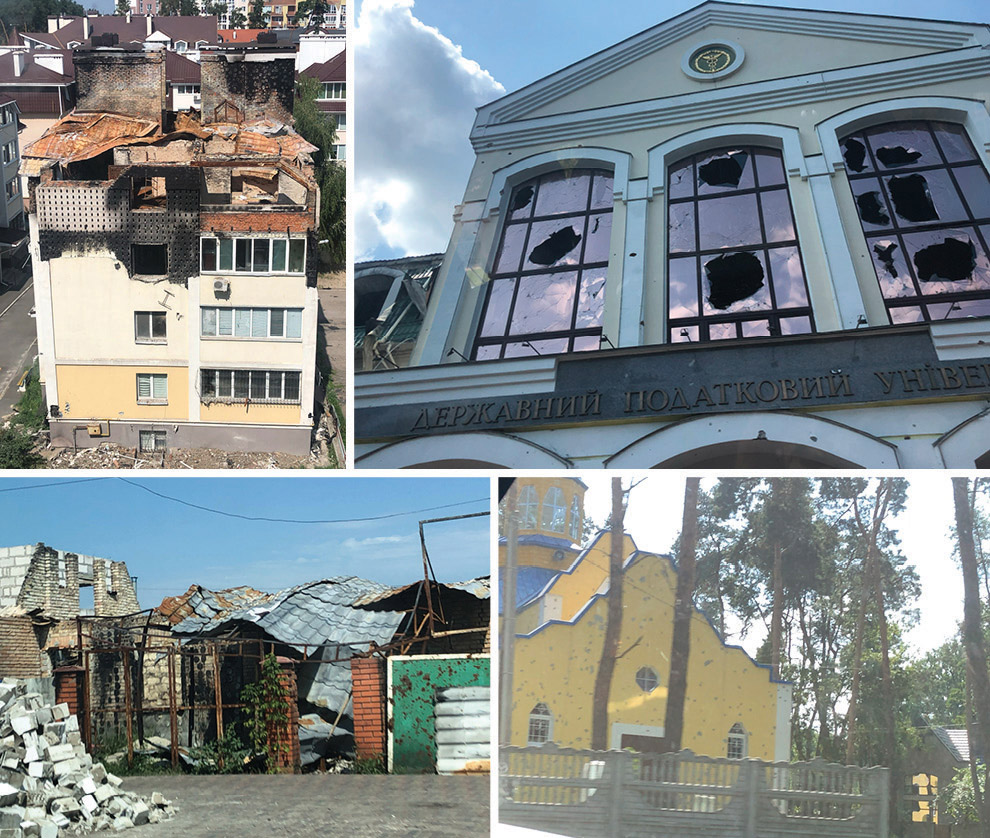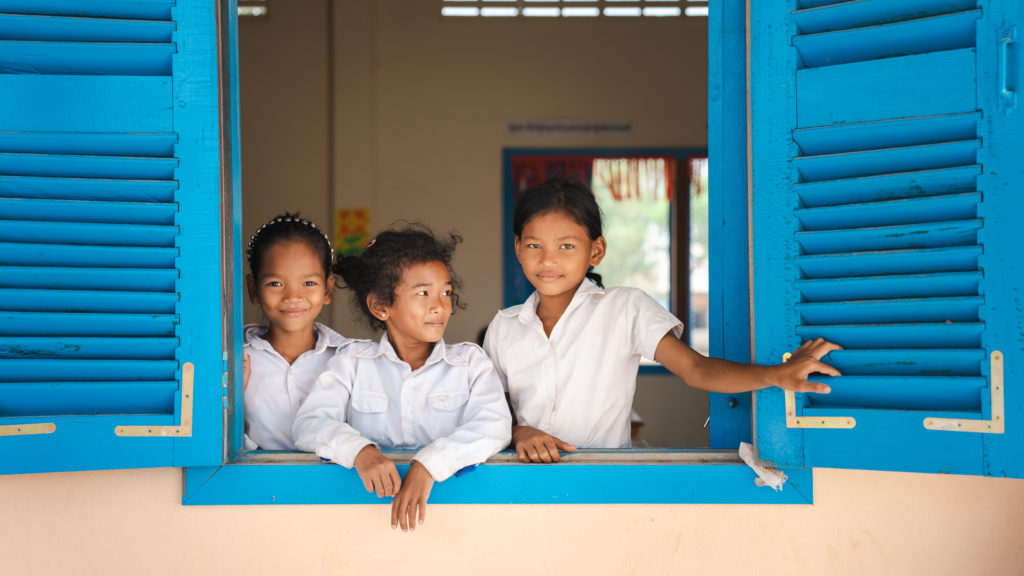ONLINE ABUSE & HARASSMENT IS TAKING ITS TOLL ON GIRLS IN IRELAND AND GLOBALLY.
Two thirds of girls surveyed in Ireland, and over half globally, have experienced online violence.
This International Day of the Girl, Plan International is shining a spotlight on the abuse and harassment girls and young women are facing online every single day and calling for change so girls are #FreeToBeOnline.
From physical threats and racial abuse, to body shaming and sexual harassment, social media is simply not a safe space right now for girls and young women in all their diversity.
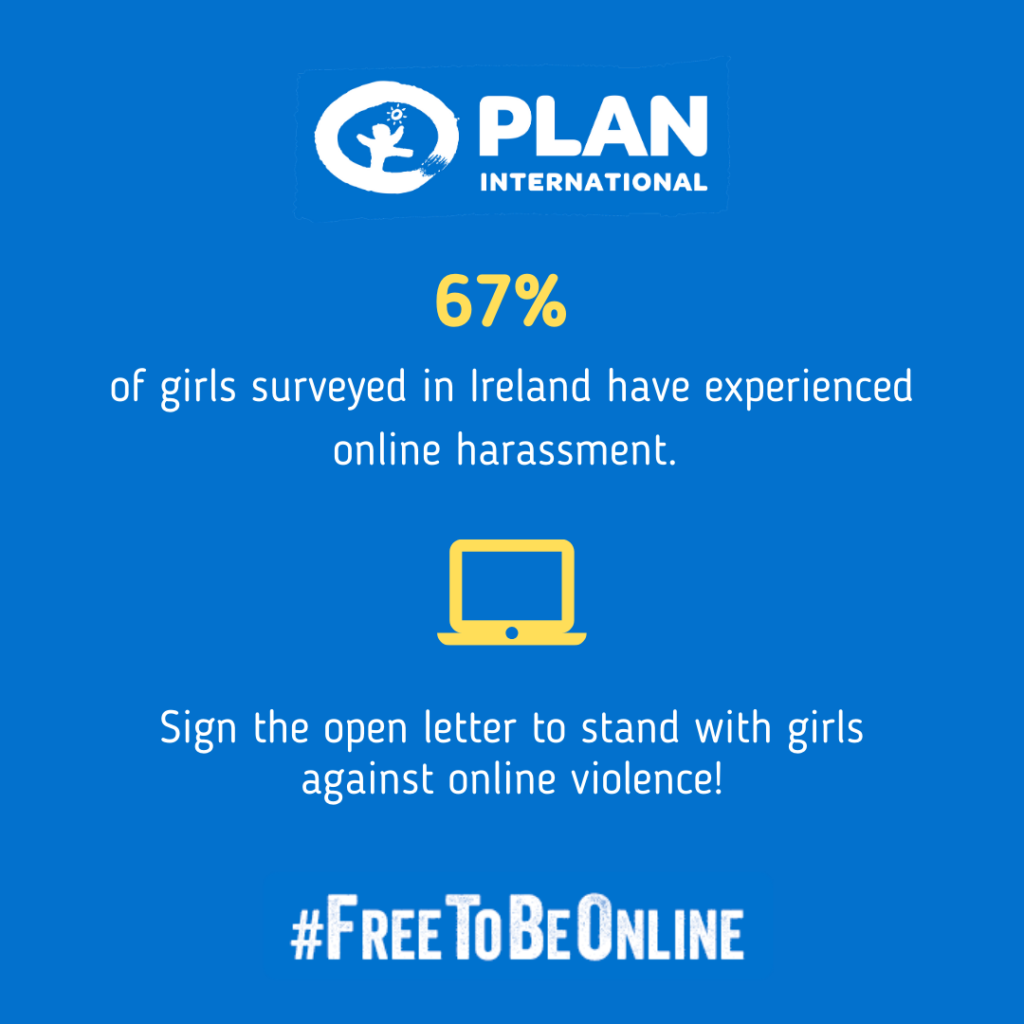
While Plan International carried out research with 14,000 girls across 31 countries, the Youth Advisory Panel of Plan International Ireland carried out similar research here with 457 girls and young women to complement and supplement the global findings.
Unsurprisingly, the findings of both reports paint a grim picture of girls’ experiences online.
The majority of respondents had experienced online harassment – 58% at the global level, and 67% in Ireland.
The repercussions of this are clear in the findings: one quarter of respondents in both the global report and in Ireland felt physically unsafe. In the global report, 42% lost self-esteem or self-confidence – that figure was much higher in Ireland, at 75%. Similarly, 65% of Irish respondents experienced mental or emotional stress due to online harassment, higher than the 42% who said they did across 22 countries.
Half of girls in the global report said they face more online harassment than street harassment, previously the most predominant location for harassment of girls and women – in Ireland, 90% of respondents felt equally as likely or else more likely to be harassed online.
Younger girls are not safe from this either. The global report states that online harassment starts for girls from the shocking age of 8. Girls report that social media harassment is at its peak between the ages of 14-16. In Ireland, the average age this abuse starts is between 13 and 14.
In Ireland, most girls listed the following abusive experiences as happening frequently or very frequently:
- Stalking
- Body Shaming
- Purposeful embarrassment
- Generally abusive and insulting language
- Anti- LGBTQ comments
- Racist comments
- Sexual harassment
- Threats of physical and sexual violence
At the global level, 37% of those harassed who identified as being from an ethnic minority said they were abused because of their ethnicity or race. 56% of those harassed who identified as being LGBTIQ+ said they were harassed because of their gender identity or sexual orientation. Girls with disabilities were also targeted, with 14% of girls who identified as having a disability harassed for this reason.
The Irish survey also found that over three quarters felt targeted because of their style and appearance.
The effects of online harassment and abuse are far-reaching, impacting girls’ mental health, confidence, self-esteem and relationships. It’s driving some girls offline, and causing others to change how they express themselves.
The time to act is now so girls are #FreeToBeOnline.
